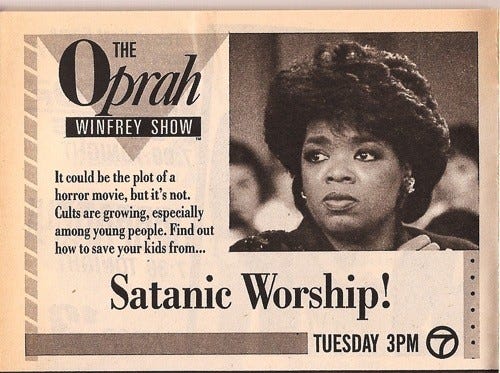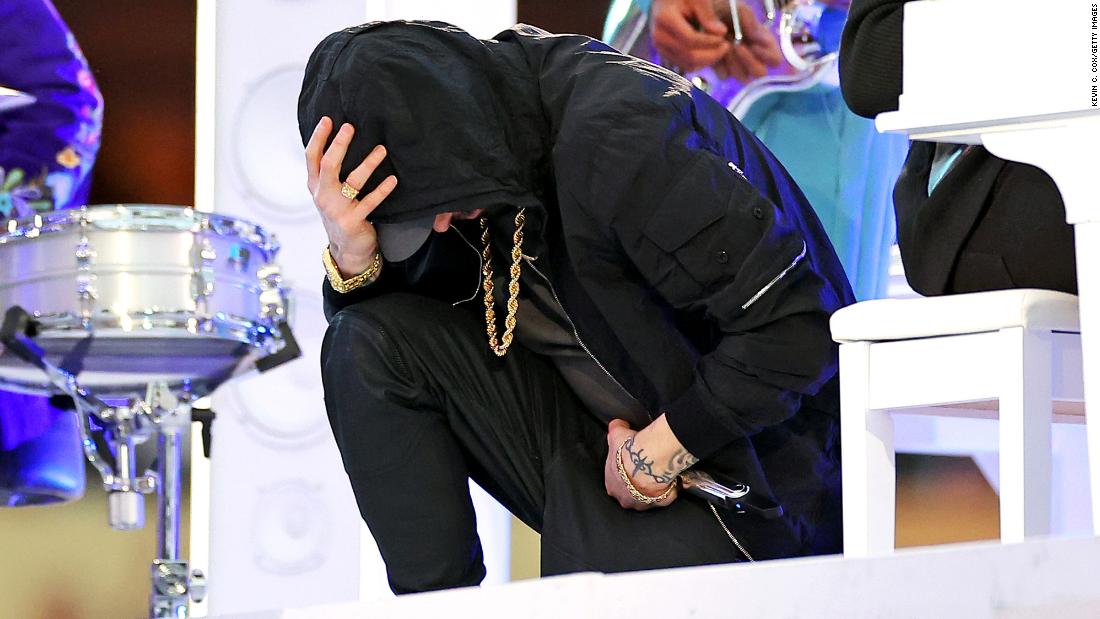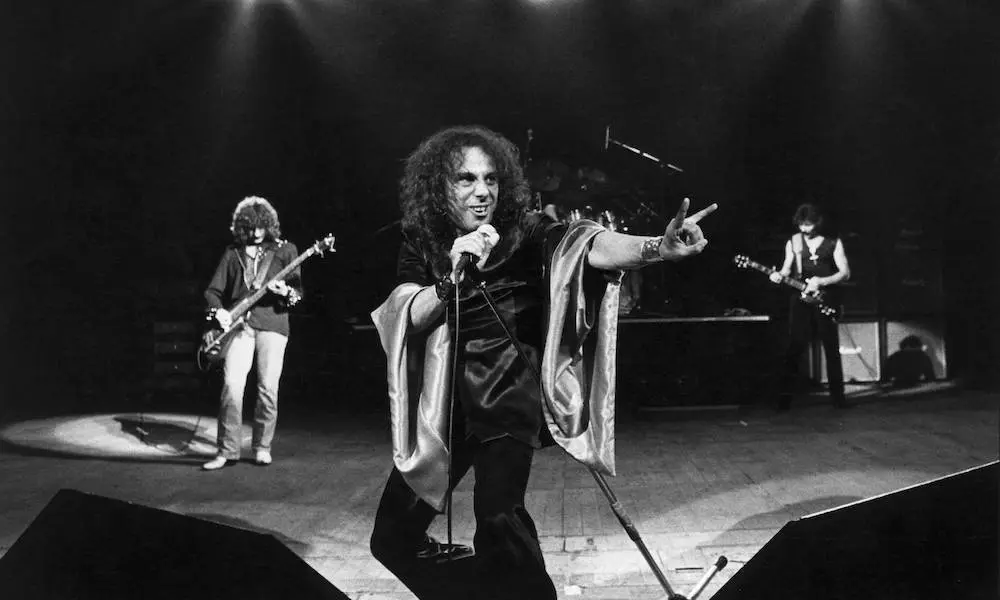Is the threat of 'cancel culture' as real as it appears to be?
Digital media makes naming and shaming easier than ever before.
When we were kids there was a lot of hype around the dangers of reading children 'Noddy' stories.
Enid Blyton was said to be somebody that society shouldn't trust with their children's minds, and many of her seemingly delightful characters where apparently 'subtly influencing children into believing and doing dangerous new things.'
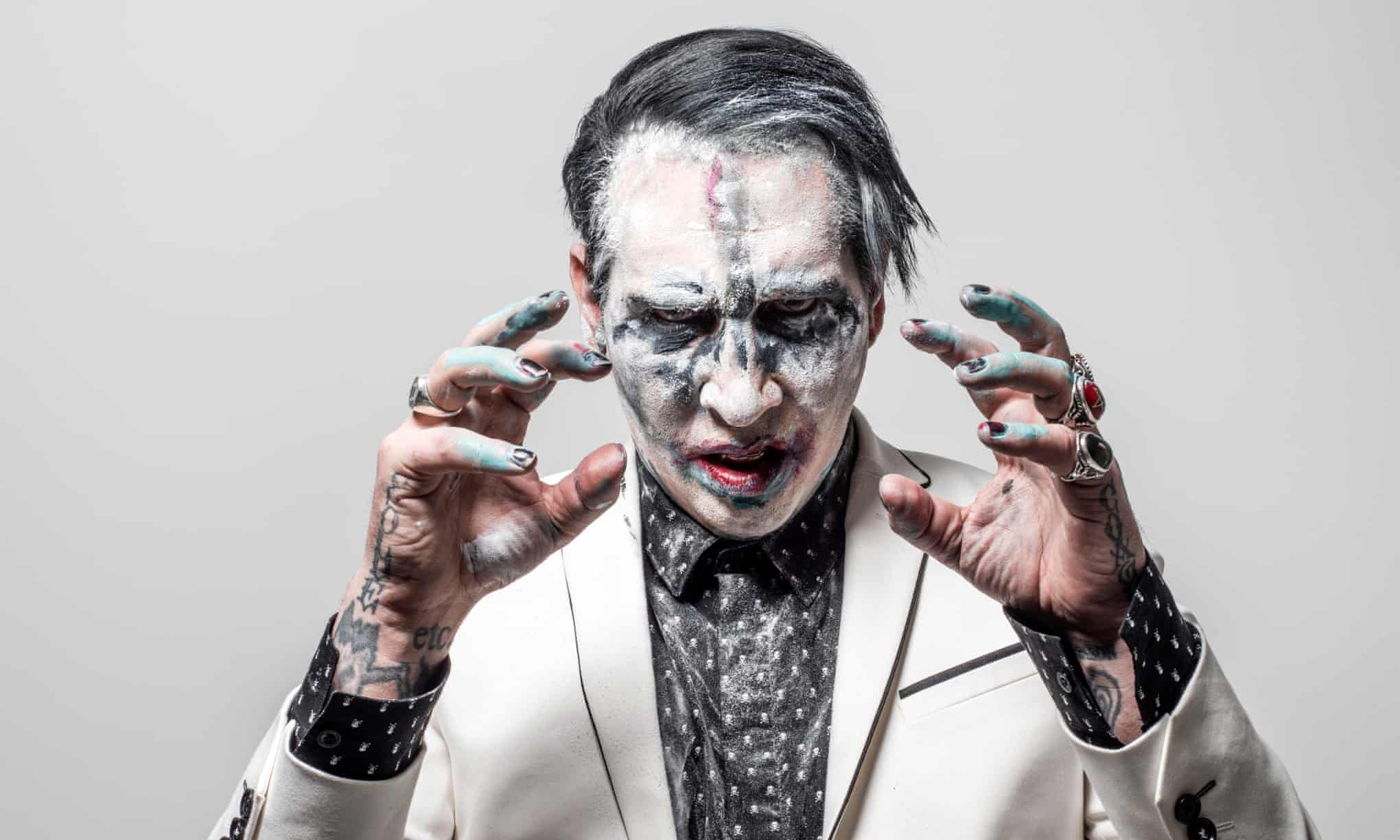
As a teenager I remember how Marilyn Manson was apparently 'to blame for inspiring the tragic Columbine shootings' and in general, rock 'n roll was deeply committed to serving the devil.
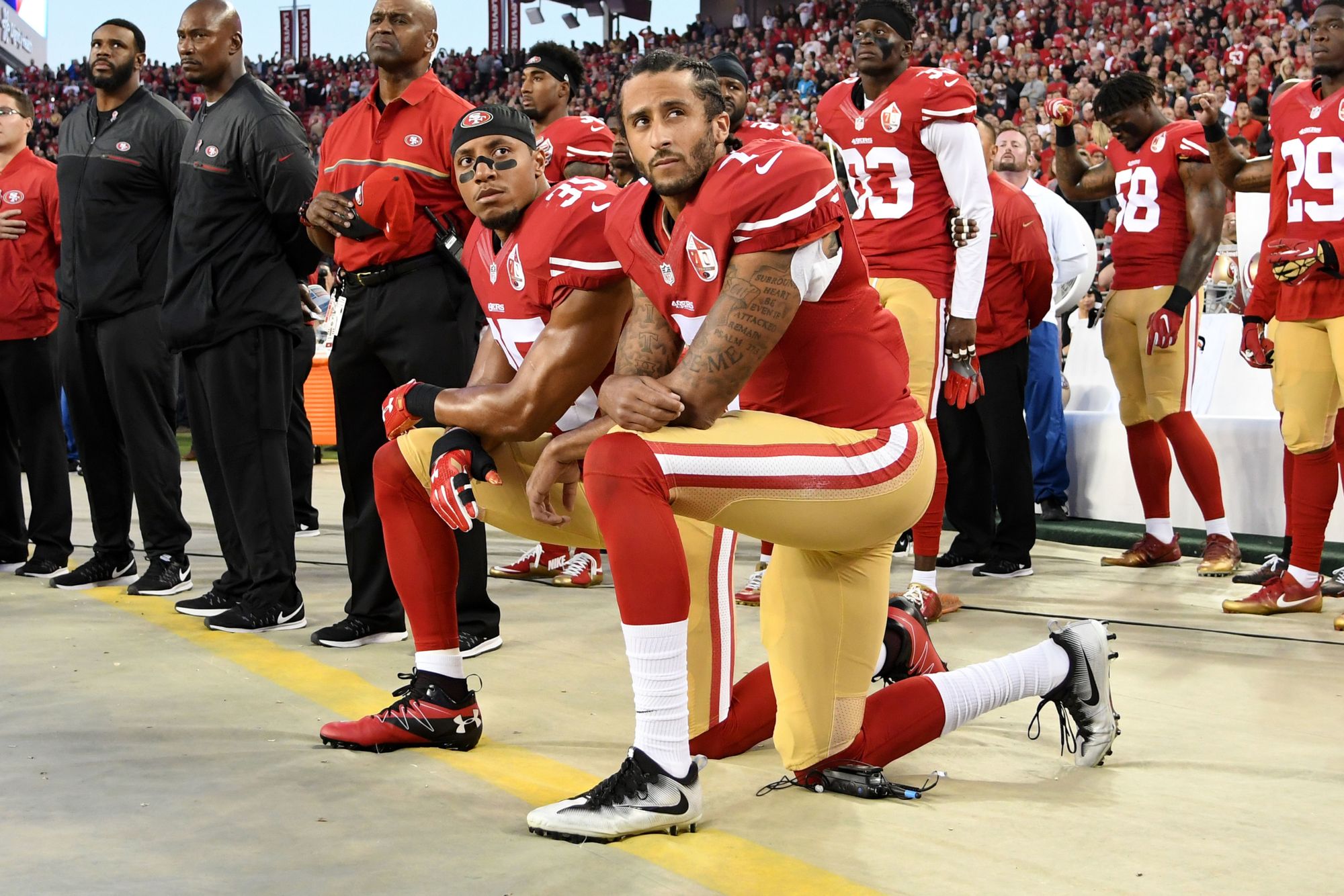
Now we have an apparent worldwide epidemic of intolerance - a dangerous chasm of societal values that is termed 'cancel culture', and according to some news reports it's a new threat that is literally 'tearing societies apart'.
But cancel culture is not new and is in fact just moral panic (an irrational fear often manifesting during times to great change).
Investigating the phenomenon, journalist Michael Hobbes (of You're Wrong About fame) has created an interesting Youtube clip focusing on the topic, which is well worth checking out.
The fact is that cancel culture, and the overwhelming fear that the scourge of cancel culture is somehow breaking society apart, is largely created and propagated by news media to create a sense of public outrage, and yes... increase viewership and revenue.
The media over-sensationalise fairly mundane stories to generate hype and excitement, but often don't go into the full details of what really happened and hardly ever follow up to find out how cases were eventually concluded.
The result is that society is left feeling like we are living through a massive societal upheaval; a severe divide between people manifests as public bitterness and outrage. Comedians are fearful to make jokes and everyone is left worried that they're next - the virtual mob is out to get them.
'As a social theory or sociological concept, the concept was first developed in the United Kingdom by Stanley Cohen, who introduced the phrase moral panic in a 1967–69 PhD thesis that became the basis for his 1972 book Folk Devils and Moral Panics.'
'Cohen defines moral panic as: a "condition, episode, person or group of persons emerges to become defined as a threat to societal values and interests."['
Wokeness, cancel culture, being politically correct is a threat to many old, entrenched ideas and concepts. The 'threat' is a part of society changing and evolving.
It just feels bigger this time because it is permanently broadcast straight to us via our always-on modern media diet.
Related:

